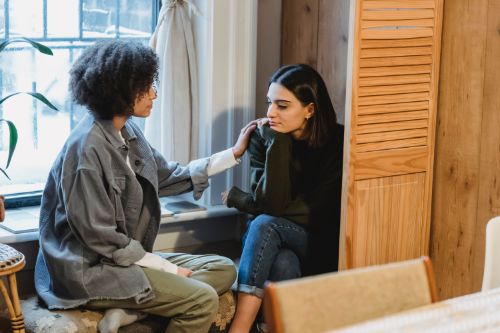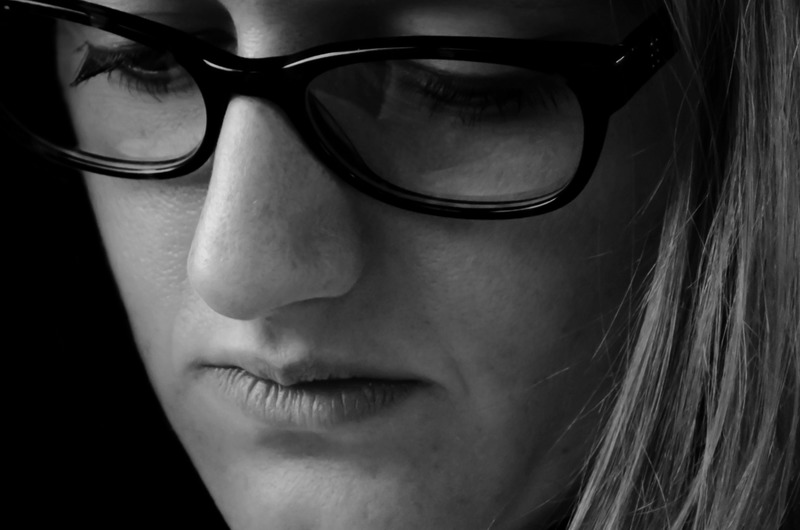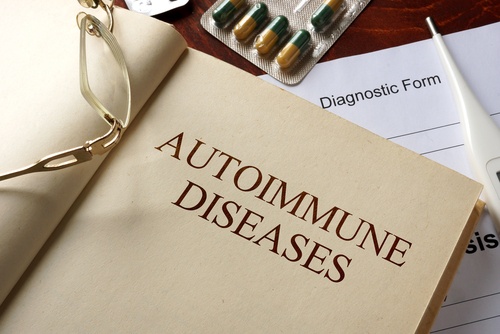I was already a licensed psychologist and counselor when my childhood friend reconnected with me. We lost our communication when she moved to California to pursue her dream of becoming an actress. When we were already in our mid-20s, she finally landed a significant role in a movie and started getting a lot of recognition. However, that was also the same time when she got diagnosed with lupus.
When my friend called me, she was seeking psychology and counseling. She said that she did not want to go to any mental health facility in LA for fear of the paparazzi hounding her. Everyone knew about her lupus, but no one knew that she was struggling to accept that diagnosis. So, of course, I agreed to be her counselor.

Counseling A Friend
I would say that this was a unique type of counselor-client relationship, considering I had a personal connection with the person seeking counseling. Instead of asking my friend to go to my clinic, I would go to her house and conduct counseling there. My friend had a hard time dealing with the fact her face was often swelling up as it was a symptom of her autoimmune disease. There were also days when she could not get up due to body pains. However, I noticed how her mood improved since I started counseling her.
Unfortunately, the improvement only lasted for a couple of months because my friend eventually got the news that her autoimmune illness aggravated. Worse, it caused renal failure. Assuming you don’t know what that was, it entailed that her kidneys were deteriorating.
Kidneys were important for filtering all the impurities in the system. Only 10% of her kidneys were functioning in my friend’s case, so most contaminants that go into her body stay there, slowly poisoning her.

My friend called me on the eve of that new diagnosis, crying. She said, “I don’t know what to do anymore; I don’t want to live anymore. I get needles stuck in my arms every single day, and I am not getting better. Then, she made a request. “Can you stay at my house for a little while until I figure out what I can do with my life?”
I thought long and hard about it, considering that was not allowed in a normal circumstance. But since we had a long history, I said yes, and we started having an informal form of counseling every day. We would go to work during the day, and then we would have a long talk after dinner. It mainly was her crying and talking about how challenging it was to hide her pain at studios and in front of fans and staff members. Then, I would advise her to stay strong because it was not the end of the road.
Finding Light
On my friend’s next doctor’s appointment, the doctor said that her kidneys could no longer be salvaged. But if she could find a kidney donor, her chances of living longer would go up exponentially.

Organ transplants are that your net worth does not always indicate how fast you can get someone to donate an organ to you. My friend could spend millions of dollars in an instant, but the doctor still placed her on the waiting list along with hundreds of thousands of regular people who needed Kidneys. The only shortcut that the doctor could suggest was having a relative or friend donate their kidney to her.
For an entire month, my friend went through all her family members to see if they could match. Unfortunately, none of them were. She felt like giving up again until I said, “Well, we haven’t tried me yet.” I was willing to give up a portion of my kidney to save my friend. We turned out to be a match, so the operation proceeded. And succeeded.
Being Pushed Away
My friend and her family told me how grateful they were for my sacrifice. They also said that they would be eternally indebted to me. Of course, they handled my hospital bills and future checkups and even got a nurse to check on me once I moved back home to recuperate.

However, I experienced my first heartache since helping my friend when I watched one of her interviews post-operation. A reporter asked about her transplant experience, and she merely referred to me as the organ donor. Although it was on point, it also felt cold because I was her friend before becoming her donor.
When I contacted my friend a month later to ask her to hang out with me, her assistant called me back, saying she won’t have time until next year. That was another slap in the face. It made me realize that people could genuinely change once they got what they wanted from you.
Final Thoughts
Since I lost communication with my friend, I worked through my upsetting emotions towards her on my own. I chose to forgive her instead of holding a grudge against her. I did it for myself because I wanted to move on and get on with my life.
If my friend would call me one day and ask for my forgiveness, that would be up to her. If she didn’t, it was okay, too. It’s not my ass that karma would bite anyway.






